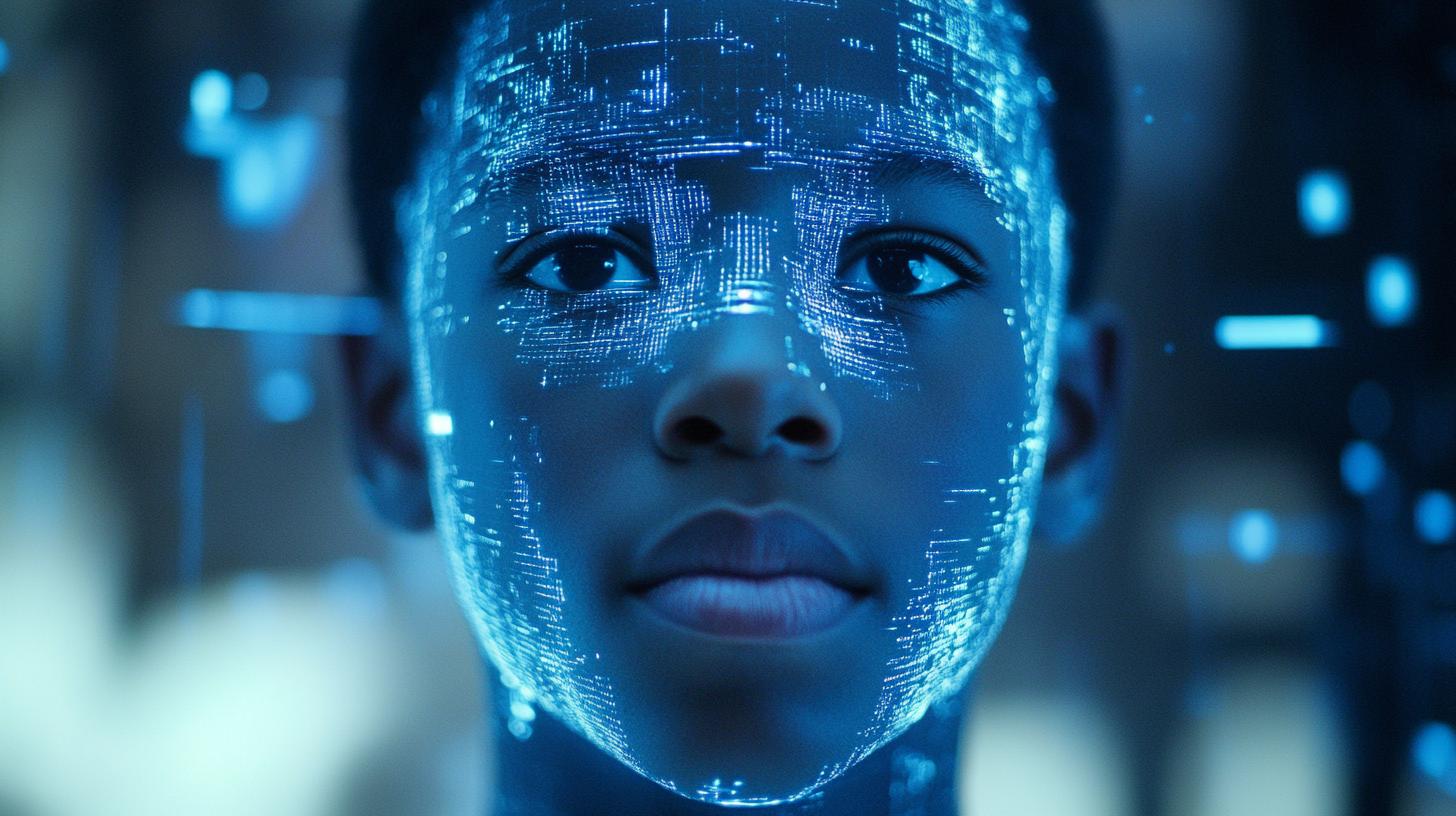Ray Kurzweil, a renowned futurist with a track record of remarkably accurate predictions, has unveiled his latest book, “The Singularity is Nearer: When Humanity Blends with AI,” set for release on November 25. Kurzweil had previously predicted that artificial intelligence would surpass human intelligence by 2029, a milestone now just five years away.
In this new work, Kurzweil explores how advancements such as atomic-level reconstruction with nanorobots and dramatic lifespan extensions beyond the current perceived limit of 120 years might shape our future. The book delves into the possibilities of connecting human brains to the cloud, which could significantly amplify our intelligence, and details how exponential technology growth could enhance well-being, reduce poverty and violence, and promote innovations across industries. Sustainability and advancements in renewable energy and 3D printing are some of the other avenues explored.
Kurzweil also gives thought to potential risks—such as AI’s impact on employment, the safety of autonomous vehicles, and “afterlife” technology, which might virtually resurrect individuals using data and DNA.
Experts across various fields laud Kurzweil’s insights. Esteemed historian Yuval Noah Harari regards the book as a profound philosophical inquiry into our future. Microsoft AI CEO Mustafa Suleyman calls it a hopeful guide for understanding our exponentially changing era. This book is the culmination of Kurzweil’s extensive 60-year journey in AI research and development.
Kurzweil, whose innovations range from music synthesizers to large-vocabulary speech recognition, offers a vision of the future where the line between humans and machines becomes increasingly blurred, sparking both curiosity and caution.
The Dawn of Post-Humanity: A Futurist’s Vision Unveiled
As the rapid advancement of technology continues to reshape our world, the conversation around its implications grows ever more critical. Ray Kurzweil’s newest book, “The Singularity is Nearer: When Humanity Blends with AI,” invites us to ponder the fine line between innovation and humanity, weaving a narrative dense with futuristic possibilities and ethical dilemmas.
Kurzweil’s predictions challenge us to imagine a future where nanotechnology could reconstruct matter at the atomic level, revolutionizing industries from medicine to manufacturing. Imagine, for example, an era where nanobots scour our bodies, eliminating disease before it can take hold, or where obsolete products are atomically restructured into cutting-edge technologies. But how feasible are these visions, and what are their true implications?
One of the most intriguing aspects Kurzweil discusses is the potential for connected intelligence. Merging human brains with the cloud hints at an era of hyper-intelligence, allowing access to vast databases of information at the speed of thought. This raises an immediate question of privacy: how might personal data be safeguarded in such an integrated system?
Interesting Facts and Controversies
Kurzweil introduces ideas that are as fascinating as they are controversial. A major point of interest is the notion of afterlife technology. In essence, this entails resurrecting individuals through complex simulations based on extensive data and DNA. While this offers an unprecedented way to preserve an individual’s “essence,” it poses philosophical and legal questions about identity and consent.
This concept could simultaneously provide closure to grieving families and spark debates about the authenticity and ethics of such digital immortality.
Balancing the Scales: Advantages and Disadvantages
On the upside, technological integration promises enhancements in well-being, curbing global challenges such as poverty and violence through innovative solutions. Decentralized renewable energy and the efficiency of 3D printing could establish new sustainability paradigms, reducing humanity’s ecological footprint.
Conversely, these advancements are intertwined with significant challenges. Of chief concern is AI’s transformative impact on the workforce. Automated systems continue to outperform humans, threatening to displace jobs across sectors. Will humanity adapt quickly enough to redefine and embrace new roles, or will this transition exacerbate inequality?
The Road Ahead
Kurzweil’s ideas, supported by figures like Yuval Noah Harari and Mustafa Suleyman, challenge us to engage with the trajectory of an exponentially accelerating technological era. They urge a proactive approach in shaping this future responsibly, ensuring humanity benefits equitably from these developments.
As we hover on the edge of these paradigm shifts, the conversation isn’t just about the next big technological leap but about the ethical, societal, and environmental frameworks we put in place to navigate this evolution.
For those who wish to explore more on the topic of technological integration and AI, consider visiting TED Talks, a treasure trove of insights from leading voices in the field.
In essence, Kurzweil’s visions are neither dystopian nor utopian; they remind us that technology is a tool—one that holds the promise of profound change and demands our vigilant stewardship.







